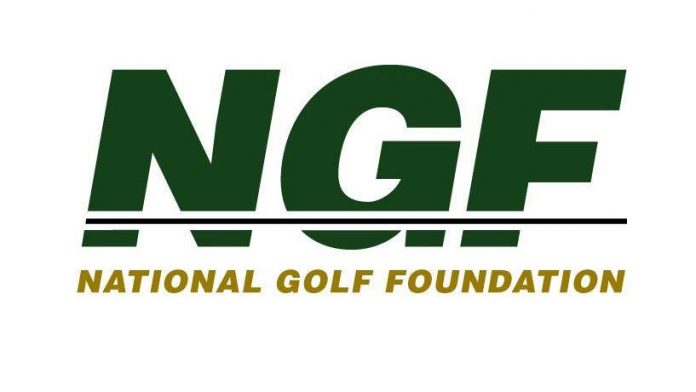
The following report from the NGF are USA numbers only and don’t include Canada. We thought you would find the highlights interesting and possibly the percentages could relate to the Canadian golf population.
The National
Golf Foundation (NGF), the only trade organization that works with every sector
within the golf industry, has released its 2019 Golf Industry Report, a
comprehensive state-of-the-industry overview.
The Golf Industry Report (GIR) compiles many of the game’s key data points in a
single publication and is intended to provide the most holistic view of the
business of golf and the health of the game within the U.S. to stakeholders and
the media. The GIR includes the latest NGF data on golf participation,
engagement, rounds-played, latent demand, golf course supply and development, retail
supply, golf equipment sales, and golf’s reach.
Golf’s participation base remains stable, with an estimated 24.2 million people
(ages 6+) who played golf on a course in 2018 — a slight increase from 23.8
million a year earlier. Almost as many people play off-course forms of the
game, with 23 million hitting golf balls with clubs at golf-entertainment
facilities like Topgolf and Drive Shack, indoor simulators and driving ranges.
With 9.3 million people exclusively playing golf off-course, the game’s overall
participant pool has increased 4% to 33.5 million.
There were 434 million rounds of golf played in 2018, a 4.8% year-over-year
decline attributable in part to the third-wettest year on record nationally
dating back to 1895 (National Oceanic and Atmospheric Association).
Despite the negative weather impact on the nation’s top outdoor, pay-to-play
participation sport, there are 14.7 million people who didn’t play golf last
year but say they are “very interested” in playing golf on a course. This untapped
demand helped contribute to the 2.6 million beginners who picked up the game in
2018.
The total U.S. golf course supply declined by 1.2%, with the opening of 12.5
new 18-hole equivalent golf courses and 198.5 course closures. Closures have
outweighed new openings nationwide since 2006, an ongoing correction of supply
and demand within the market that followed an unsustainable 20-year building
boom during which more than 4,000 courses opened, boosting the U.S. supply by
44%. The U.S. remains the best-supplied golf market in the world with 14,613
facilities and 16,693 courses – more than 75% of which are open to all players,
the highest public-to-private ratio in history.
Other 2018 highlights from the Golf Industry Report:
• Golf’s total reach of about 107 million people in the U.S. is comprised of
33.5M total golf participants plus approximately 74M who watched and/or read
about golf, but didn’t play on or off course. This represents more than
one-third of the U.S. population (age 6+) and is a 10% increase from 2017.
• Juniors (6-17) and young adults (18-34) comprise approximately 35% of all
on-course golfers, with 2.5 million junior participants and 6.1 million young
adults.
• There are 5.7 million women who played golf on a course in 2018. Women
account for 23% of the on-course golfer base and 44% of off-course only play.
• Newcomers to golf are increasingly diverse: 31% are female, 26% are
non-Caucasian and 62% are under the age of 35.
• The number of golfers age 65-and-over increased almost 17% to 4.2 million in
2018. This number should continue to increase as the balance of Baby Boomers
cross this milestone.
• There are more than 20 million committed golfers who account for
approximately 95% of all rounds-played and spending.
• Golfers played an average of 17.9 rounds in 2018.
• The average price paid for an 18-hole round at public golf facilities is $35.
For further information and context on the 2019 Golf Industry Report, please
visit The Q:
(https://www.thengfq.com/2019/04/ngf-releases-2019-golf-industry-report/).











